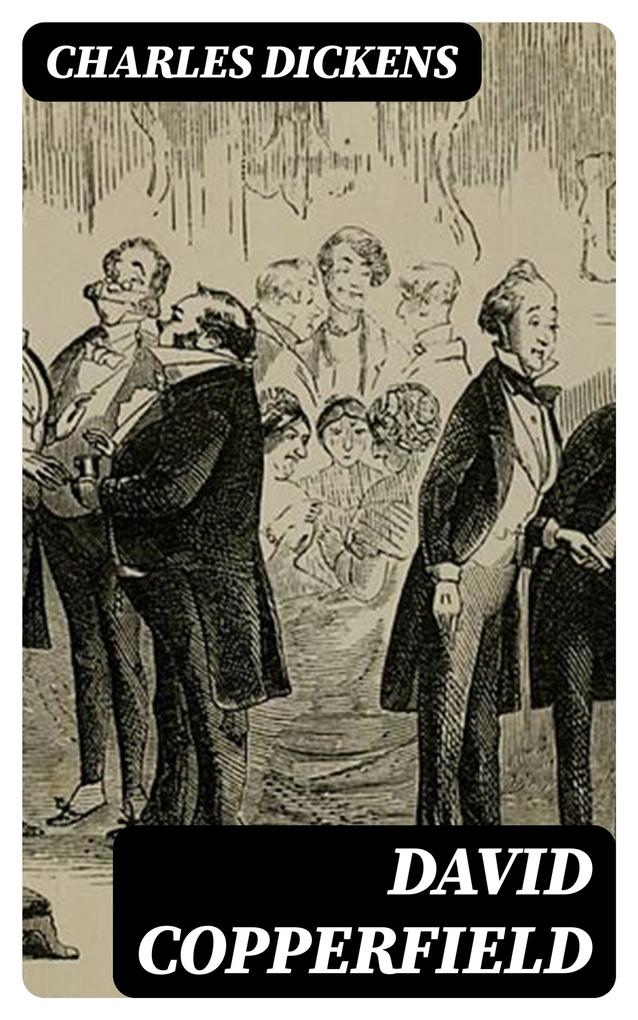
Sofort lieferbar (Download)
In 'David Copperfield', Charles Dickens crafts a vivid coming-of-age narrative that explores themes of personal development, adversity, and social critique. Written in the first-person perspective, the novel intricately weaves together the protagonist's life experiences, characterized by Dickens's signature blend of humor and pathos. It reflects the Victorian era's complexities, diving into issues of class disparity, industrialization, and familial relationships. The text is replete with memorable characters, from the indomitable Peggotty to the nefarious Uriah Heep, showcasing Dickens's unparalleled ability to create vivid personae that resonate deeply with readers. Charles Dickens, born in 1812, faced a tumultuous childhood that profoundly influenced his literary voice. Having experienced poverty and social injustices firsthand, Dickens became a formidable advocate for reform through his storytelling. 'David Copperfield,' often regarded as his most autobiographical work, encapsulates his struggles and triumphs, mirroring the harsh realities of his youth while celebrating the resilience of the human spirit. This landmark novel is essential for anyone seeking to understand the intricacies of Dickens's literary genius and the Victorian societal landscape. Its rich character development and poignant themes make it a timeless classic, inviting readers to reflect on their own journeys toward self-discovery and moral integrity.
Produktdetails
Erscheinungsdatum
17. Mai 2022
Sprache
englisch
Seitenanzahl
1916
Dateigröße
11,72 MB
Autor/Autorin
Charles Dickens
Verlag/Hersteller
Kopierschutz
mit Wasserzeichen versehen
Family Sharing
Ja
Produktart
EBOOK
Dateiformat
EPUB
ISBN
8596547003236
Entdecken Sie mehr
Bewertungen
0 Bewertungen
Es wurden noch keine Bewertungen abgegeben. Schreiben Sie die erste Bewertung zu "David Copperfield" und helfen Sie damit anderen bei der Kaufentscheidung.









